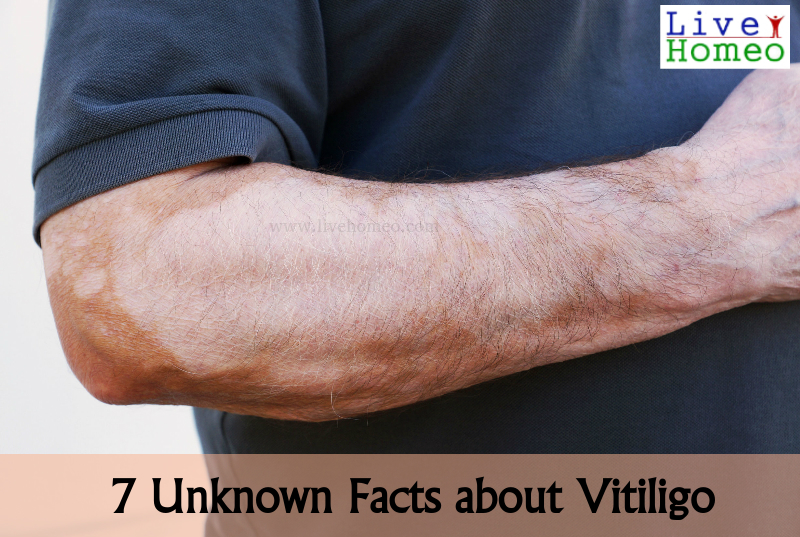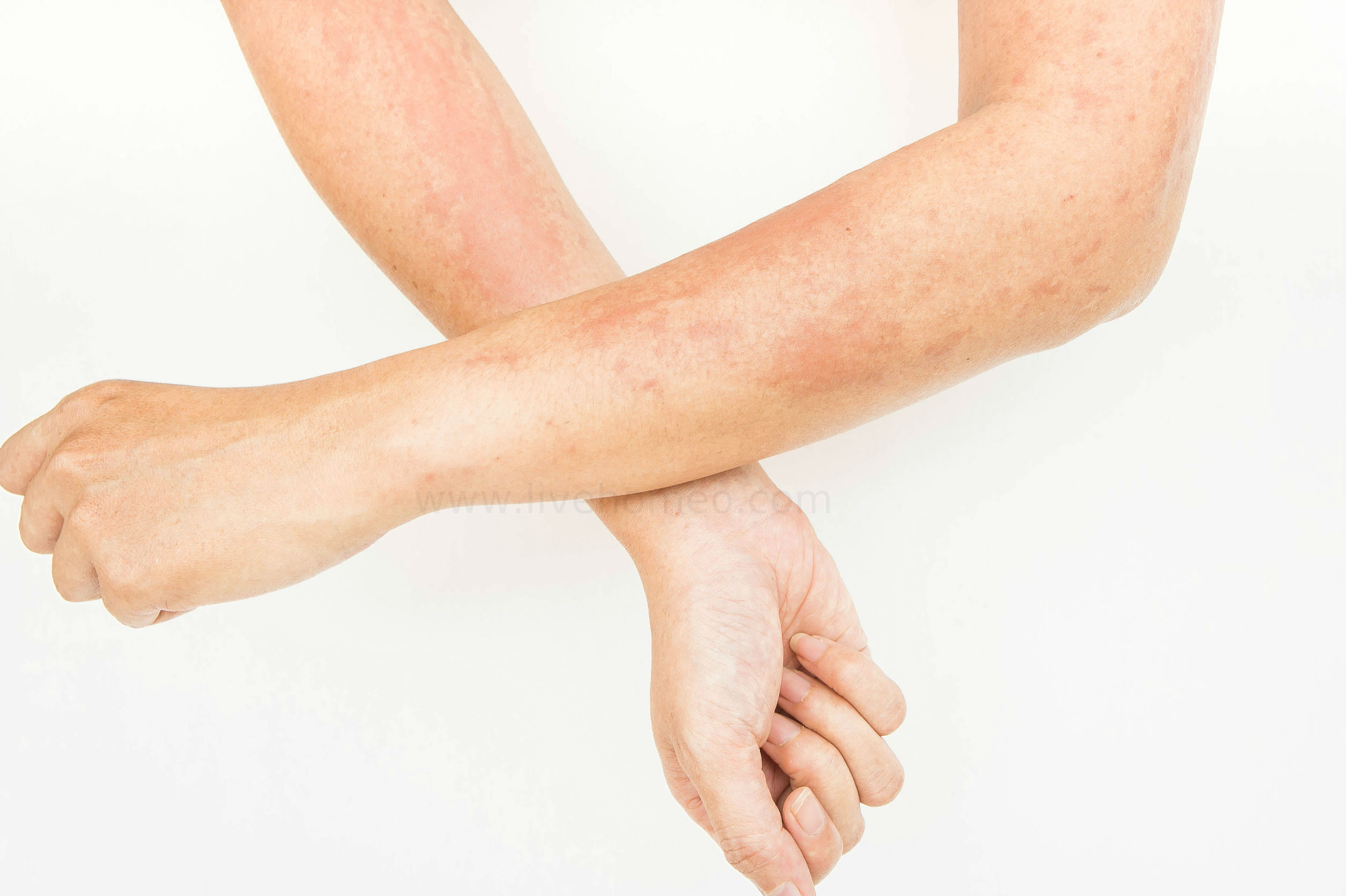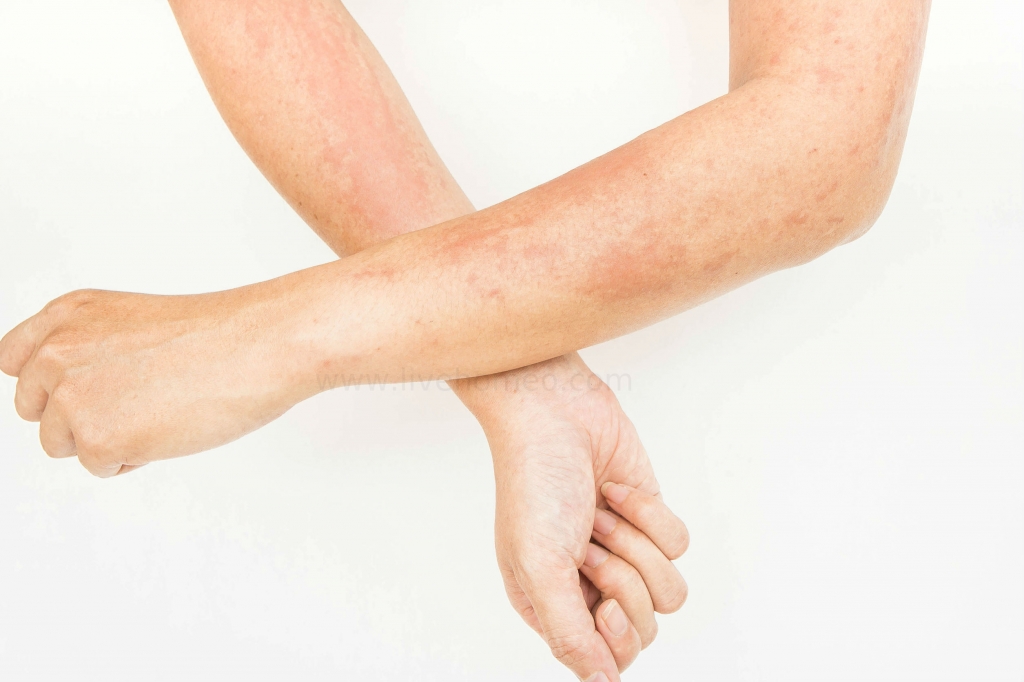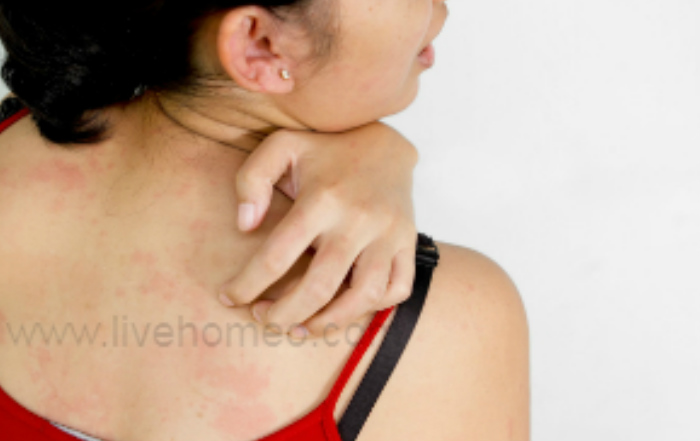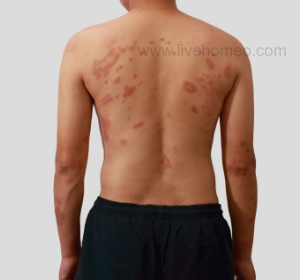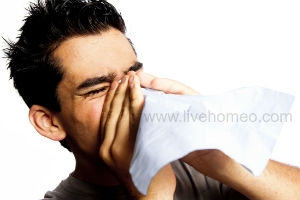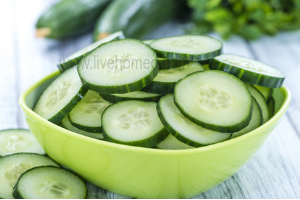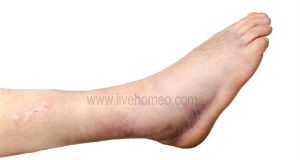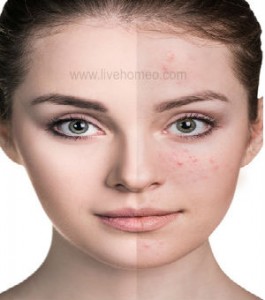Medication to overcome skin problems in winter
With the arrival of winter, your skin becomes dull, dry, loses its moisture and glow. Skin problems are very common in winter and to eliminate them your skin needs extra care and attention. Winter also triggers several skin disorders like skin rashes, psoriasis, flaking, dry skin, and others. Younger-looking, flawless and healthy skin is a dream of most people but due to severe harsh winter effects on the skin, it loses its glow and becomes dull.
Harsh Winter effects on skin
Winter weather has severe effects on the skin. In winter, the weather is cold and dry. The cold and dry wind in winters steals moisture from your skin and makes it dry, flaky, itchy, and irritating. Winter weather is very harsh to your skin and leads to skin problems. In winter the humidity levels drop, due to which more moisture is lost from the skin and can even lead to aging. Using indoor heaters in winters to get away from cold also affects your skin badly. In winter, your skin pores shrink due to cold wind, and due to which the circulation also decreases. Due to lack of circulation, the production of sebum i.e. natural oil of the skin turns down and leads to skin dryness.
Why skin become dry?
In winter several factors make your skin dry like
- Exposure to the cold wind– This makes your skin dry by stealing moisture from the skin
- Using heaters– Most people use heaters to keep themselves warm, but heaters also dry out your skin. Instead, you can opt for humidifiers.
- Excess intake of caffeinated drinks– These drinks make you dehydrated and increase the risk of dry skin.
- Drinking less water– In winter people do not drink adequate water and this makes you more prone to dehydration and leads to skin dryness.
- Using hot water for a shower– Many people use hot water for a shower in winter. Using hot water for a shower or staying longer in hot water makes your skin dry by removing natural oils from the skin.
- Harsh soaps– Usage of harsh chemical soaps make your skin drier in winters. Go for mild soaps instead.
How to protect our skin from Harsh Winter?
Protecting your skin from the cold and dry wind of winters is a must. Here are few winter skin care tips which help to improve your skin health and protect you from winter effects
- Moisturize your skin frequently to restore the moisture lost.
- Stay hydrated and eat a healthy diet to keep your skin moist and soft.
- Include fresh fruits and vegetables, fish, sprouts, and others in your diet.
- Do not forget to apply sunscreen before going out under the sun.
- Don’t be a clean freak, frequent washing in winters can ward off natural oils from the skin
- Don’t be lazy and do not forget to apply night cream, this keeps your skin soft.
- Always cover your skin before going out to protect yourself from the harsh and dry winter wind.


